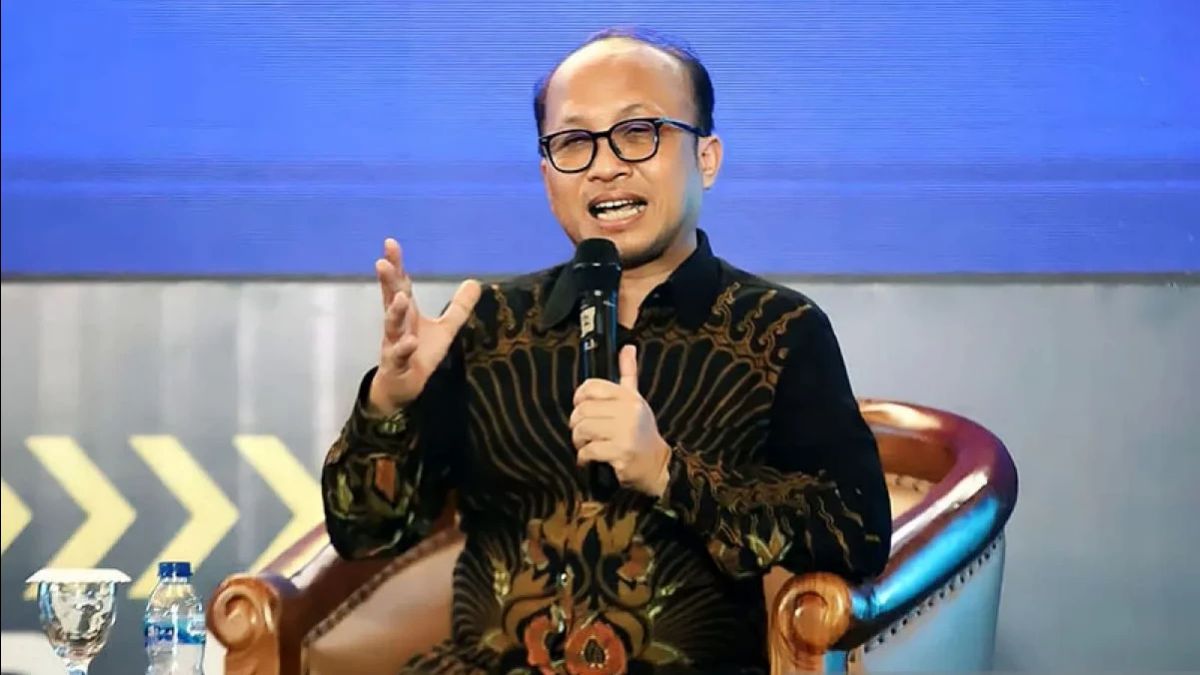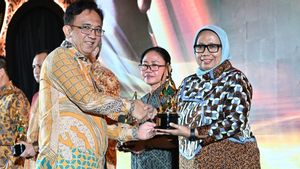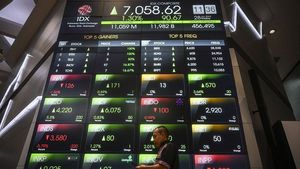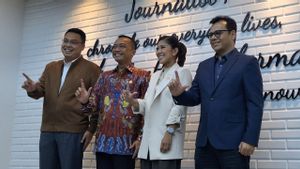The Ministry of Manpower (Kemnaker) has formulated a comprehensive national employment policy for the period 2025 to 2029.
This step was taken as an effort to face increasingly complex global economic challenges.
Secretary General of the Ministry of Manpower, Anwar Sanusi, said that this policy aims to ensure that Indonesian workers have relevant skills and are ready to compete in the national and international markets.
Anwar emphasized the importance of the transition of workers from low-skill sectors to medium and high-end sectors.
"By improving our workforce skills, we not only create greater added value, but also helps push the national economy out of the middle income trap," he said in an official statement, Friday, October 4.
Although this policy is believed to increase productivity, Anwar recognizes significant challenges. One of the main challenges is the polarization of employment, especially in the industrial sector which shows a decline.
To overcome this problem, Anwar emphasized the importance of close collaboration between the world of education and industry in link and match efforts to ensure that labor market needs can be met.
"This employment policy has a roadmap divided into four phases that will guide Indonesia towards its vision of becoming a country with superior labor in 2045," he said.
SEE ALSO:
In the first phase, continued Anwar, for the period 2025 to 2029, the Ministry of Manpower will create a comprehensive and integrated skills development system based on the needs of the labor market.
Entering the second phase of 2030 to 2034, continued Anwar, the policies that will be carried out are the development and utilization of the expertise development system by the labor market.
Then in the period 2035 to 2039, Indonesia's competence and competitiveness will be strengthened in the ASEAN market and globally. The peak phase, namely 2040 to 2045, strengthens Indonesia's workforce as a superior talent in the global market.
Anwar said that with a structured policy direction and a focus on improving skills, his party is optimistic that Indonesia can produce productive, innovative, and competitive workers in the global market.
"This step is the key to facing the dynamics of changing the needs of the labor market in the future," he explained.
The English, Chinese, Japanese, Arabic, and French versions are automatically generated by the AI. So there may still be inaccuracies in translating, please always see Indonesian as our main language. (system supported by DigitalSiber.id)












